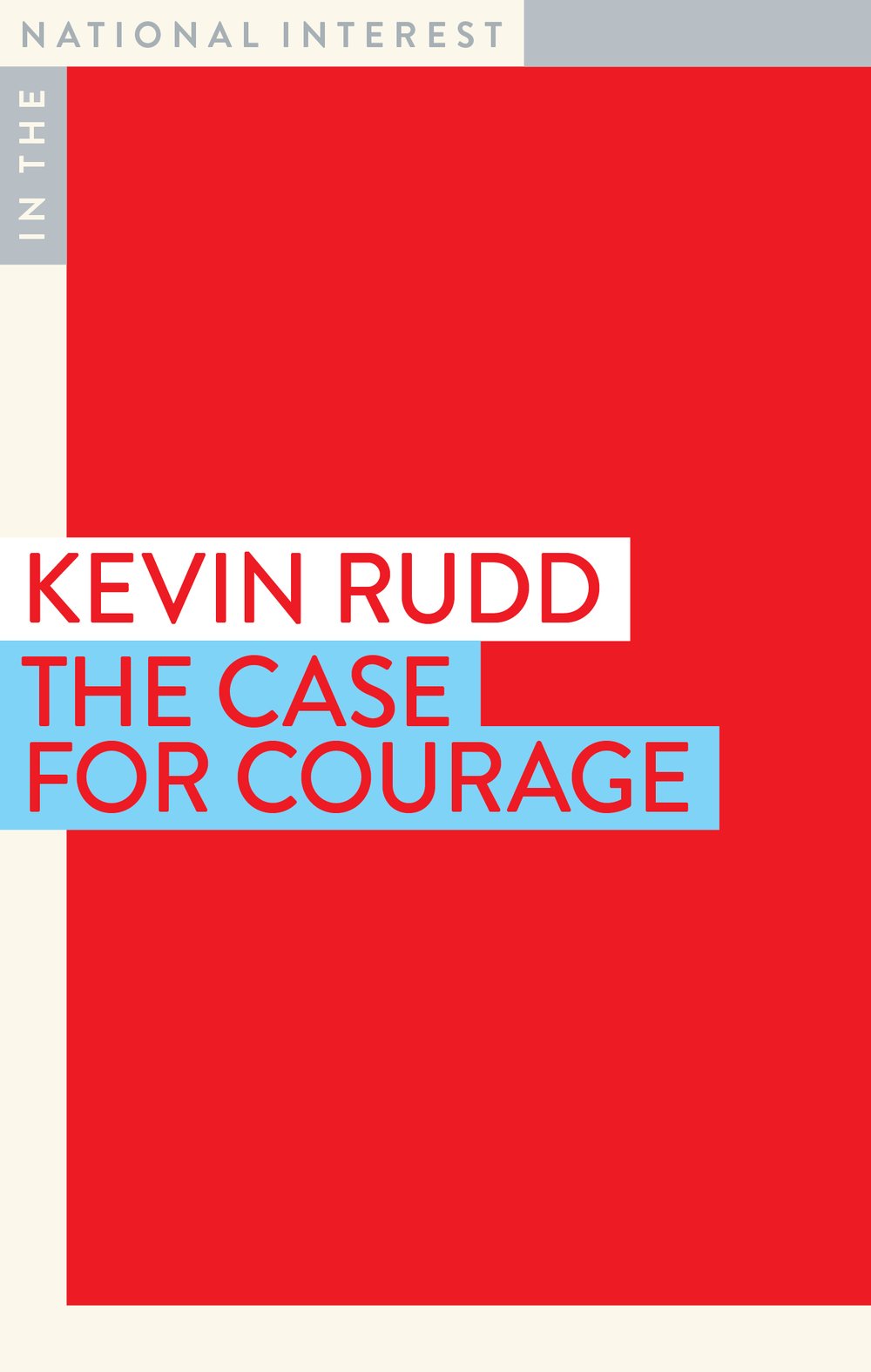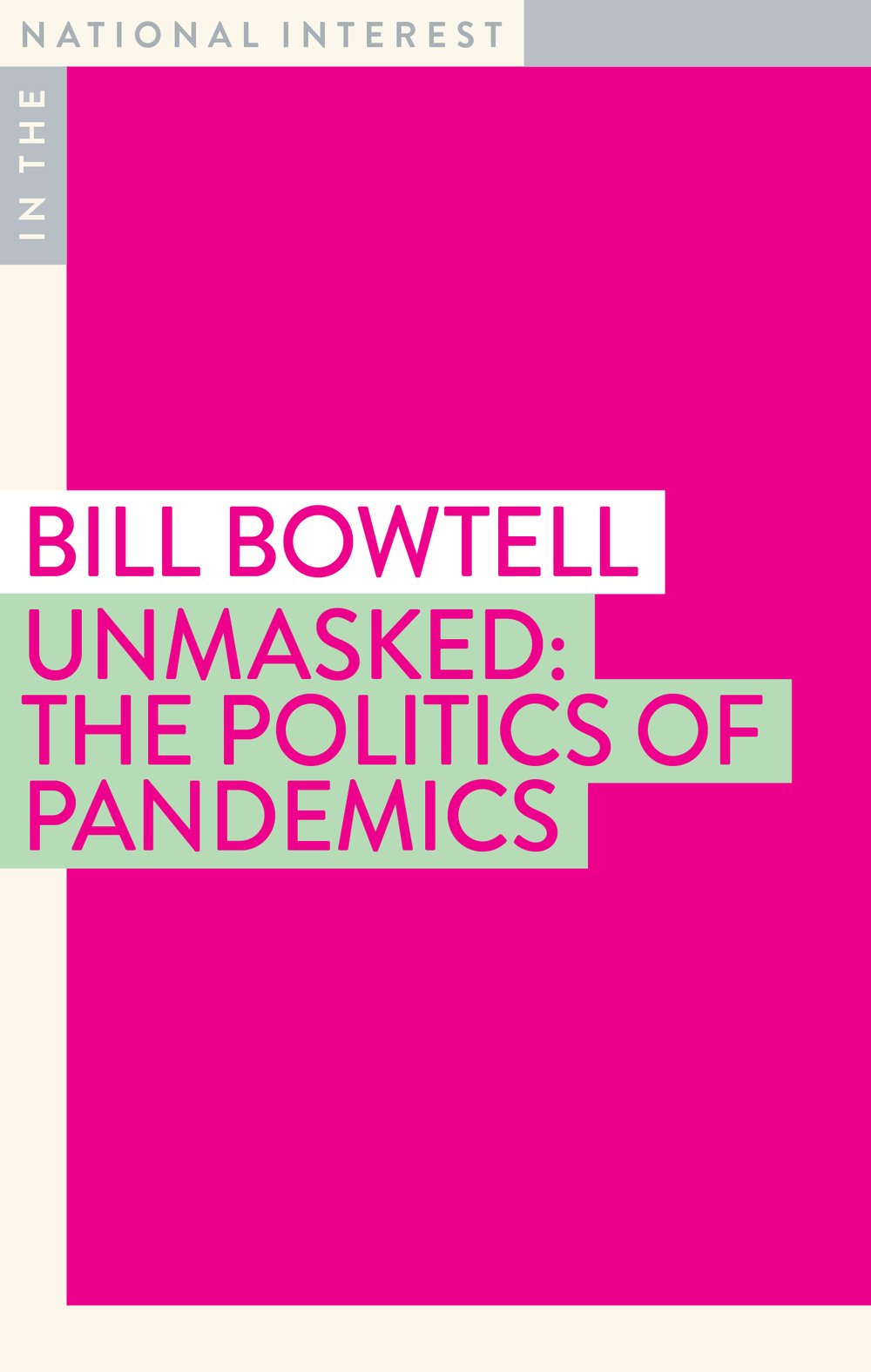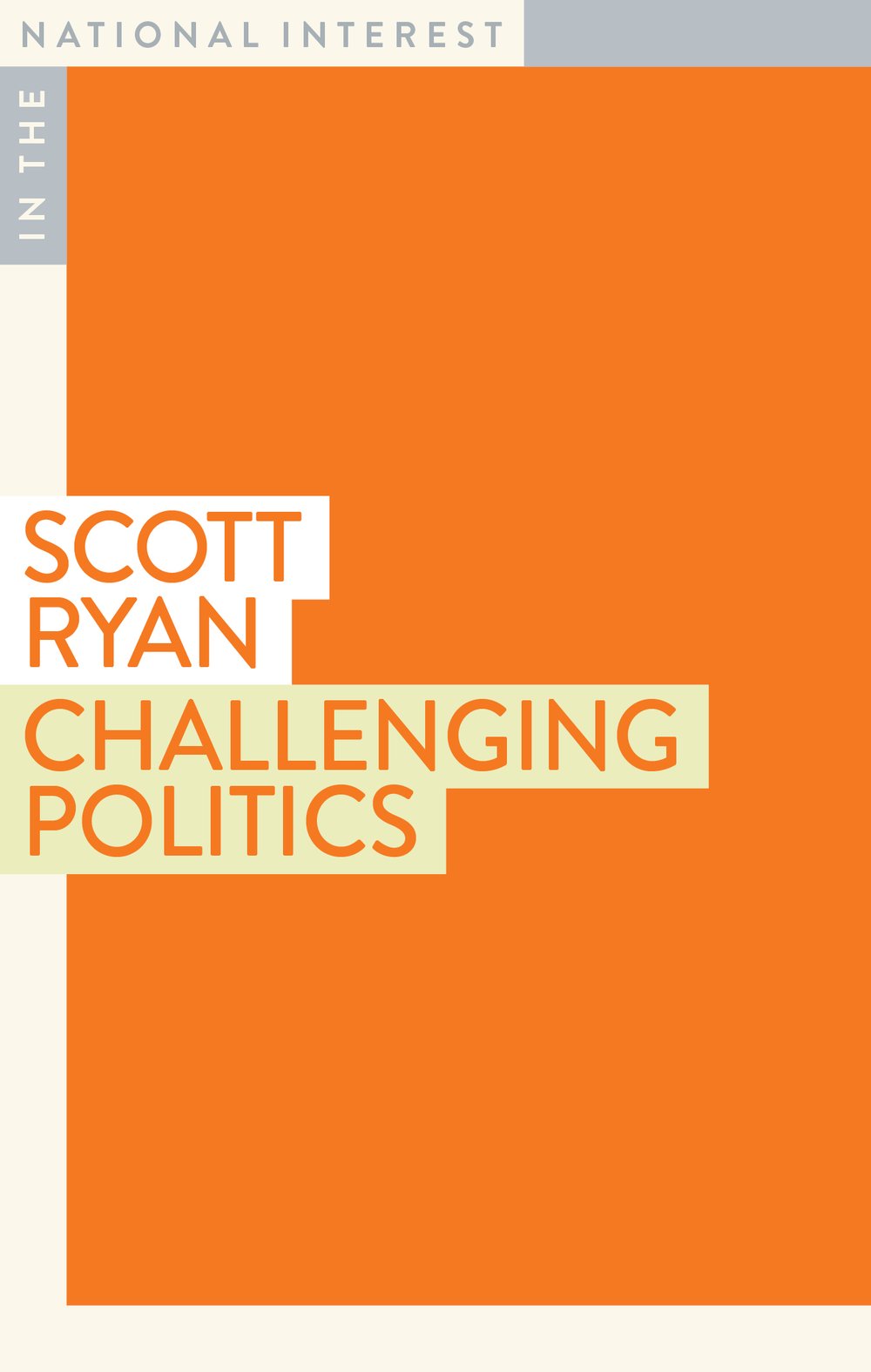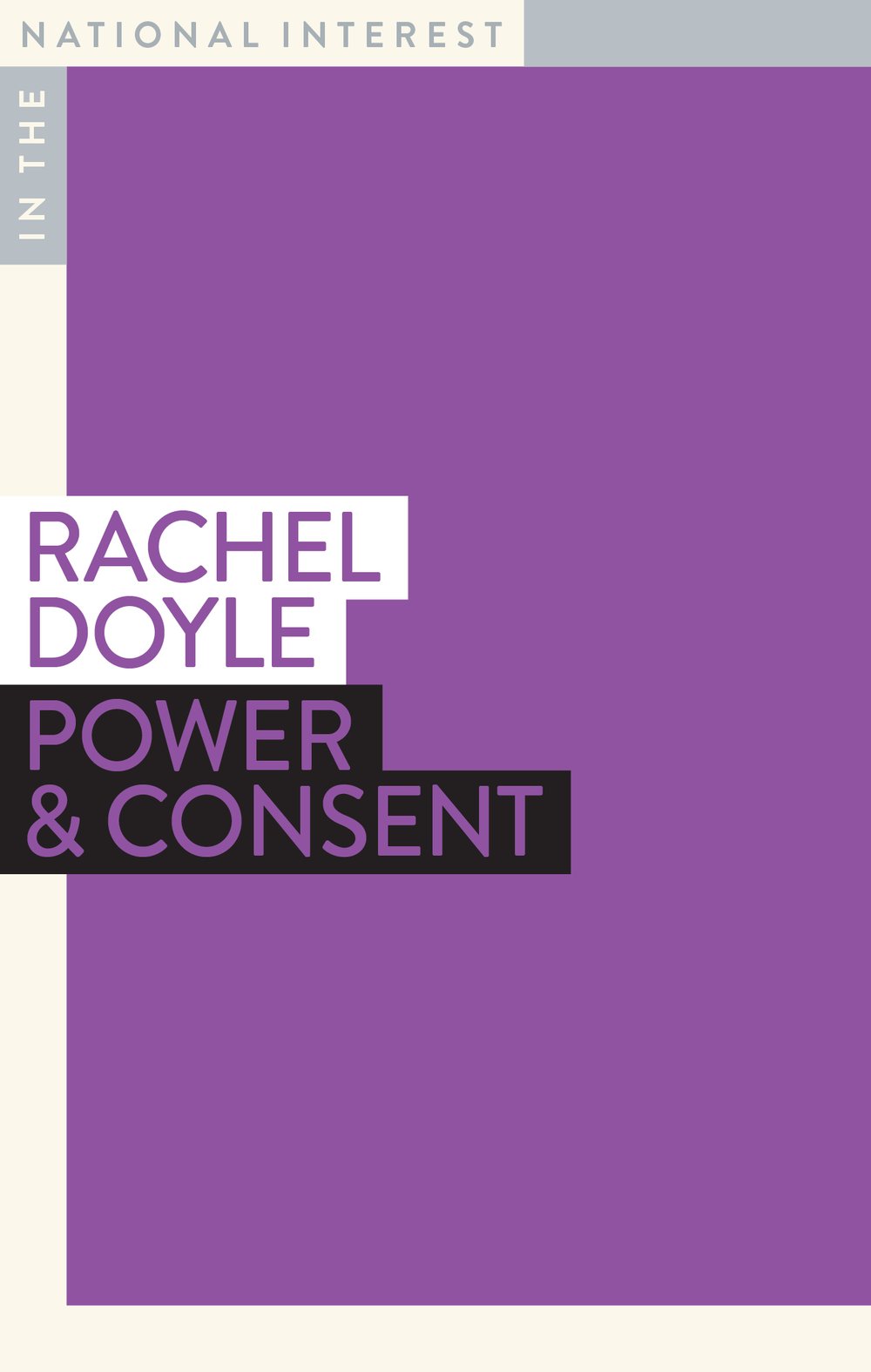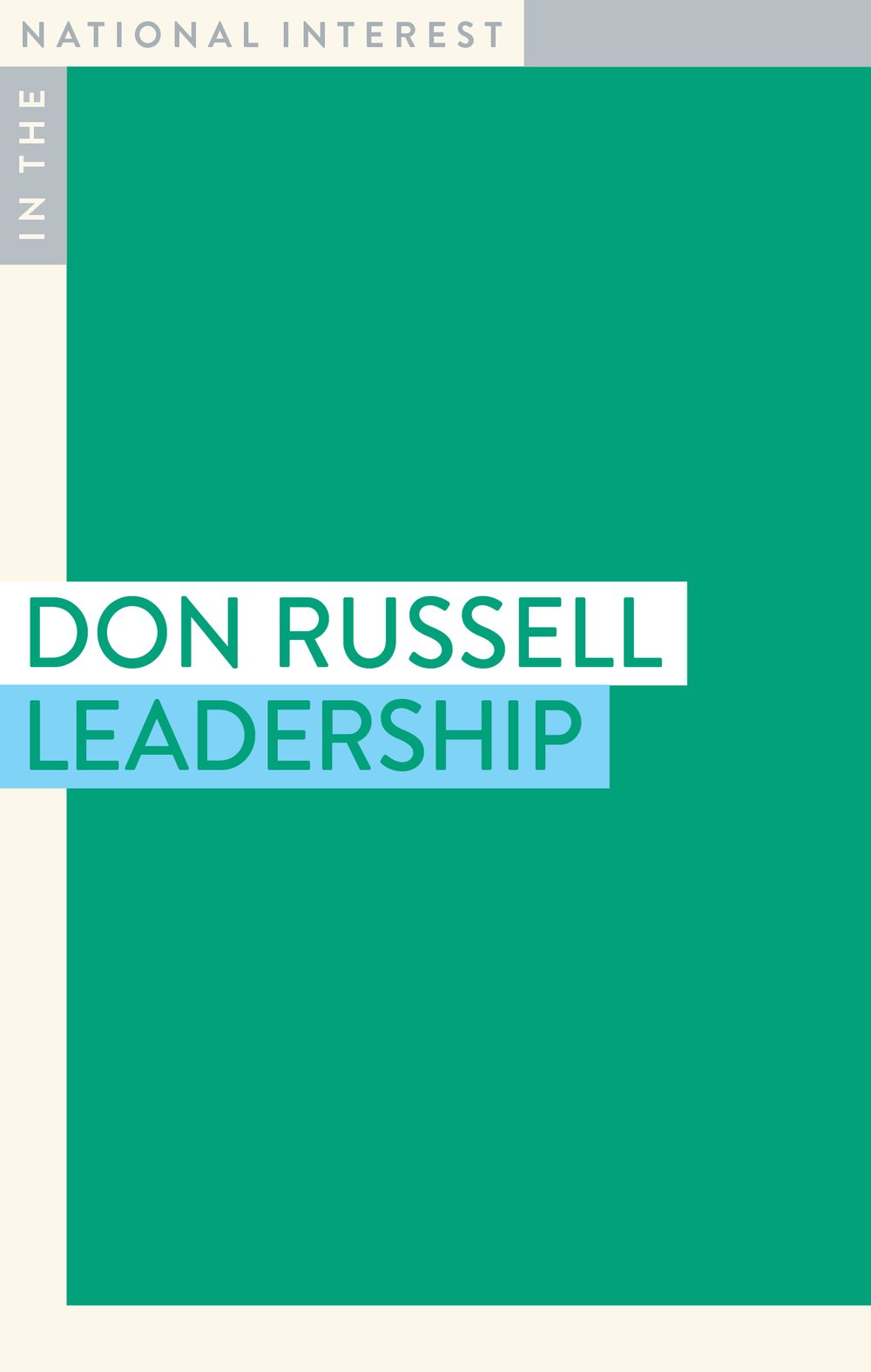Charities & Politics
A Principled Approach
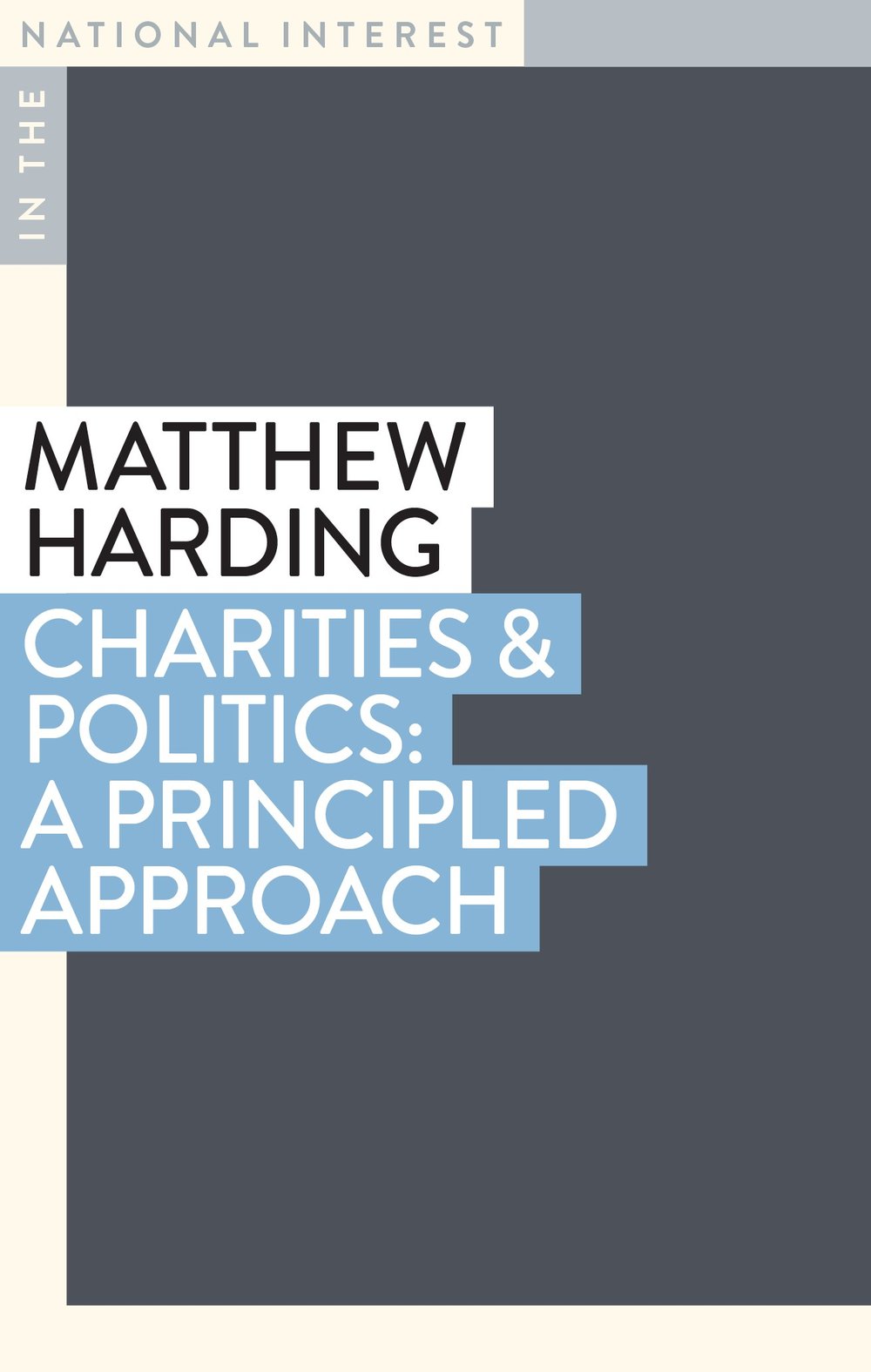
Charities play an outsize role in the social, cultural and economic life of the nation, delivering goods and services on which lives depend. To effectively serve their communities, charities also participate in politics: campaigning for changes to law and government policy, challenging government decisions, and seeking to influence public opinion on contested issues. But charities that speak out politically have long had a difficult time in law. For many years, Australian charities engaging in political advocacy risked losing their charity status under an old common law rule. In a landmark decision in 2010, the High Court of Australia swept that rule away, but since then, successive federal governments have tried to use law in different ways to interfere with charity advocacy thought to be politically embarrassing or undesirable.
Charities matter, and so does the legal framework in which they operate. Charities & Politics argues for a principled approach to the legal task of ascertaining the public benefit of charity advocacy – an approach underpinned by liberal democratic values. This would provide charities with a powerful framework to resist government efforts to interfere when they speak out.
A principled legal approach to charity advocacy holds promise in another way as well: it can promote a politics of the common good characterised by trust, as opposed to the dismal politics built on self-interest and fear that we see too often today.

Matthew Harding is a professor of law at the University of Melbourne. His academic interests span commercial law and the law of charities and other not-for-profit organisations. From 2022 to 2024 he was the dean of the Melbourne Law School, and from 2017 to 2021 he was the chair of the Charity Law Association of Australia and New Zealand. In 2023 he was made a fellow of the Australian Academy of Law.

